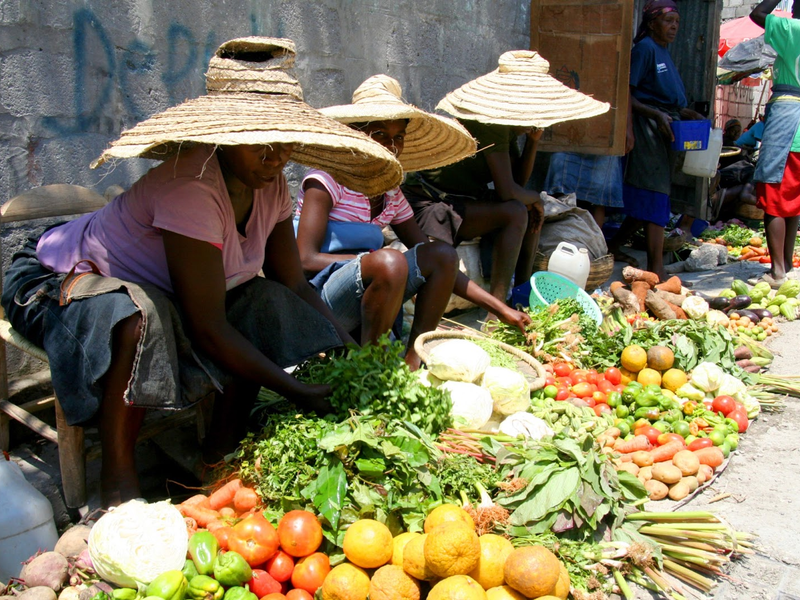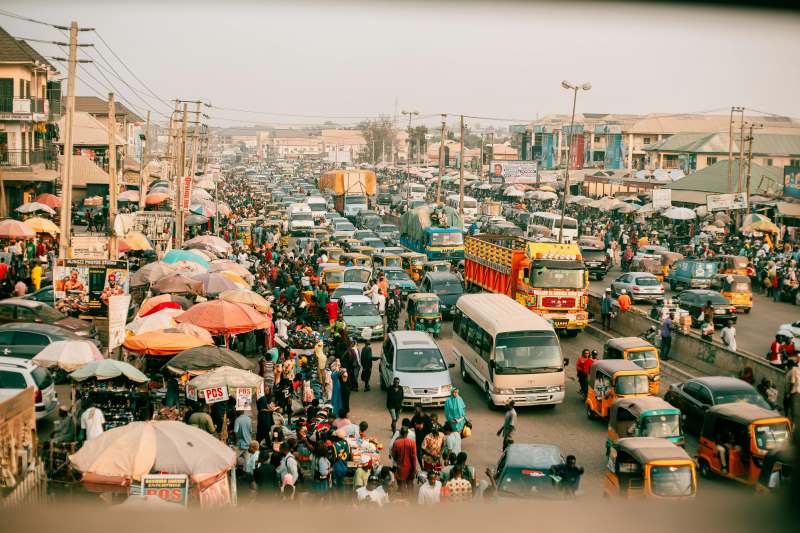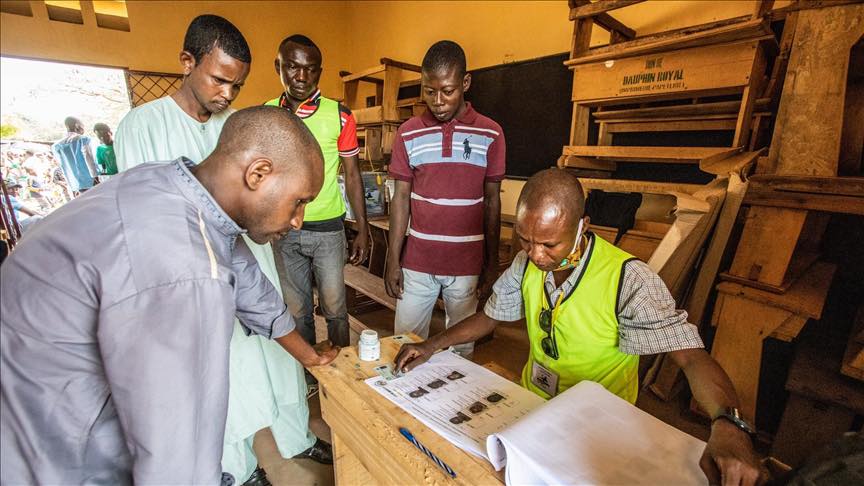(Women selling provisions in a market in Haiti. Image by uusc4all via Wikimedia Commons https://www.flickr.com/photos/uusc4all/6505677551 )
‘Lespwa Fè: Hope Makes one Live’,
Haitian Proverb
On January 1st, 1804, Haiti became the first Black republic. The African-descended led a rebellion against the French, led by Toussaint L’overture, Jean-Jacques Dessalines, Henry Christophe, Dutty Boukman, and others, would catalyze other rebellions in the Caribbean and Americas, and cement Haiti’s reputation as a resilient Black community who refused the condition of slavery. In honor of the country’s independence, we are exploring Haiti’s year and strategies utilized by the country to grapple with hardships.
This year, Haiti experienced an earthquake, the assassination of a president, and poverty-related issues. Earthquakes have devastated Haiti for centuries. Recurring earthquakes in the country may be attributed to fault lines that exist in the country’s ground. Haiti is situated between two tectonic plates that grind together and cause friction. On August 14th, 2021, Haiti experienced a 7.2 magnitude earthquake, and in the wake of this natural disaster, 2,248 people were reported to have been deceased, 12,760 people were injured, and infrastructure was severely damaged.

(The aftermath of the 2010 earthquake in Haiti. Image by United Nations Development Programme via Flickr)
The earthquake that occurred this year was the first since the 2010 earthquake in the country, when approximately 300,000 people perished. In response to this year’s earthquake, Haiti collaborated with the international relief organizations such as the United Nations Population Fund (UNFPA) to rebuild the infrastructure and provide immediate needs to Haitians who survived. The Haitian government hosted conferences focused on rebuilding after the earthquake and continues to build relationships with different organizations to garner support.

(A Haitian woman after the 2010 earthquake. Image by the United Nations Development Programme via Flickr)
On July 7th, 2021, the president of Haiti, Jovenel Moïse, was assassinated by a group of Colombians and Haitian-Americans. Law enforcements are still investigating the culprit of this attack, and the country has continued to face increasing security issues. The interim prime minister, Claude Joseph, is undertaking a transnational approach to find the person or people who organized the killing.

( Photo by Dorothy Mombrun from Pexels )
Persistent poverty-related issues in Haiti include food and housing insecurity and gang violence. In 2020, the World Bank reported that over 60% of people in Haiti lived below the poverty line. Gangs have been making more attacks in the country in the aftermath of the former president’s assassination, and kidnapped people a reported 628 times in 2021. As situations become tense in the country, lessons we can learn from dealing with hardship are to strengthen relationships with international allies, resource security systems, and continue to search for justice in the face of adversity.
Learn more about how to support Haiti at Philly for Haiti.
Works Cited
https://haitianstudies.ku.edu/haiti-history
https://www.worldvision.org/disaster-relief-news-stories/2010-haiti-earthquake-facts
https://www.worldbank.org/en/country/haiti/overview#1
https://www.miamiherald.com/news/nation-world/national/article253492439.html
https://www.britannica.com/topic/Haitian-Revolution
https://reliefweb.int/report/haiti/post-quake-haiti-rebuilding-lives-and-welcoming-new-ones
https://www.bbc.com/news/world-latin-america-58564831
https://www.reuters.com/article/us-haiti-president-colombia-idAFKBN2EM20I





